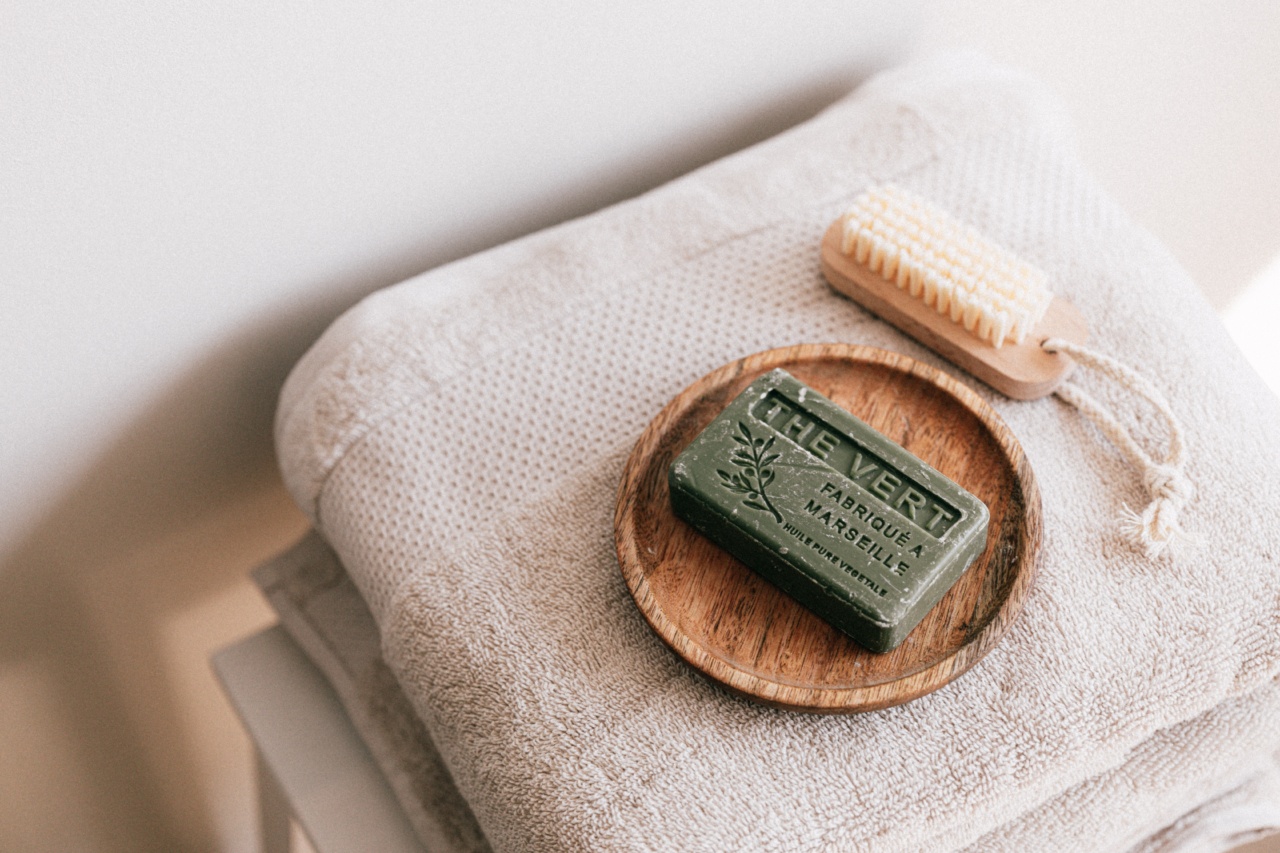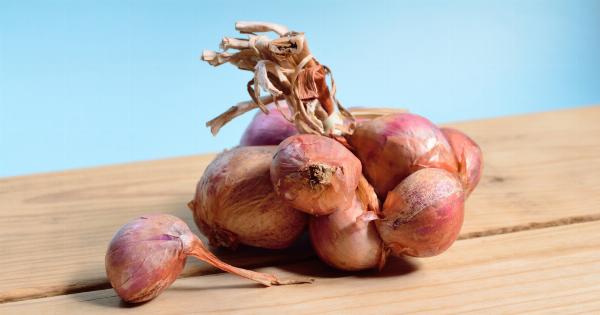Mucus in stool is a common occurrence for most people and can be caused by different factors.
While it is mostly harmless, especially when it occurs occasionally, frequent or persistent mucus in stool may indicate an underlying health condition that requires medical attention. It is, therefore, important to understand what causes mucus in stool and when it becomes a concern.
What is Mucus in Stool?
Mucus is a slippery substance that lines the inside of the digestive system, including the rectum and colon. It is produced by the goblet cells, which are mucus-secreting cells found in the lining of these organs.
Mucus helps to lubricate and protect the digestive tract from irritation, injury, and infections by trapping harmful substances, such as bacteria and viruses.
Mucus in stool refers to the presence of excess mucus in feces, which can make the stool appear slimy, greasy, or filmy.
It may be clear, white, yellow, green, or brown in color, and the amount can vary from small traces to large deposits that coat the stool.
What Causes Mucus in Stool?
Mucus in stool can be caused by several factors, including:.
1. Infections
Bacterial, viral, and parasitic infections of the digestive system can cause inflammation and irritation of the intestinal lining, leading to increased mucus production. Examples include gastroenteritis, salmonella, Shigella, and giardiasis.
2. Inflammatory bowel disease (IBD)
IBD is a chronic condition that causes inflammation and damage to the digestive tract.
It includes Crohn’s disease and ulcerative colitis, both of which can result in mucus in stool, along with other symptoms such as abdominal pain, diarrhea, and rectal bleeding.
3. Irritable bowel syndrome (IBS)
IBS is a common digestive disorder that affects the large intestine. Symptoms include abdominal pain, cramping, bloating, and altered bowel habits, including mucus in stool.
4. Food intolerances and allergies
Sensitivity or intolerance to certain foods, such as dairy products, gluten, and artificial sweeteners, can trigger excessive mucus production in some people.
Food allergies can also cause inflammation and irritation of the gut, and mucus in stool may be a symptom.
5. Medications
Some medications, such as antibiotics, laxatives, and proton pump inhibitors, can affect the balance of gut bacteria and interfere with the production of mucus in the digestive tract, leading to mucus in stool as a side effect.
6. Hemorrhoids
Hemorrhoids are swollen, inflamed veins in the rectum and anus that can cause discomfort, bleeding, and mucus in stool. They are commonly caused by straining during bowel movements, pregnancy, or prolonged sitting.
7. Cancer
While rare, mucus in stool can be a symptom of certain types of cancer, such as colorectal cancer, which can cause obstruction of the bowel and increased mucus production.
When to See a Doctor?
Most cases of mucus in stool are not a cause for concern and can be managed with simple lifestyle changes and over-the-counter remedies. These include:.
- Eating a balanced diet that includes fiber-rich foods such as fruits, vegetables, whole grains, and legumes
- Drinking plenty of fluids
- Exercising regularly
- Avoiding foods that trigger symptoms
- Managing stress
- Taking over-the-counter antidiarrheal medications or laxatives, if needed
However, if mucus in stool is persistent, frequent, or accompanied by other symptoms such as diarrhea, constipation, abdominal pain, or rectal bleeding, it may indicate an underlying health issue that requires medical attention.
Some of these conditions include:.
- Inflammatory bowel disease
- Irritable bowel syndrome
- Infections
- Food intolerances and allergies
- Celiac disease
- Colorectal cancer
- Hemorrhoids
- Diverticulitis
Your doctor may perform various tests to determine the underlying cause of mucus in stool, including stool analysis, blood tests, endoscopy, colonoscopy, or imaging tests.
Conclusion
Mucus in stool is a common occurrence for most people and is usually harmless. However, persistent or frequent mucus in stool may indicate an underlying health condition that requires medical attention.
Knowing what causes mucus in stool and when it becomes a concern can help you seek appropriate treatment and prevent complications.






























